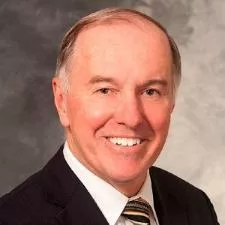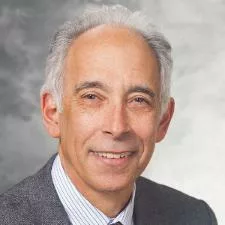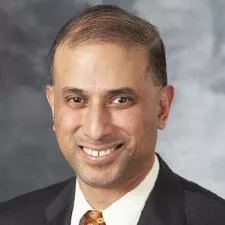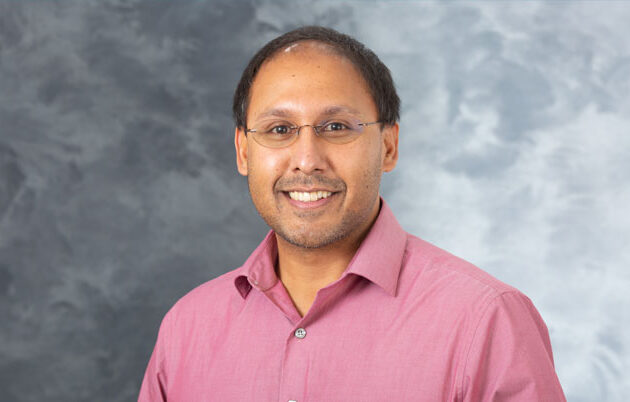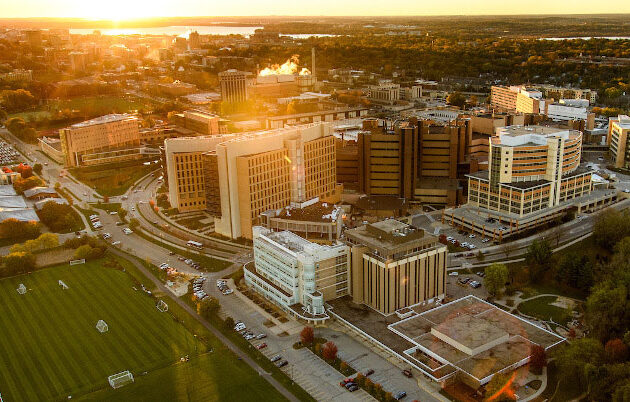Dempsey, the Manucher Javid Professor and chair of the Department of Neurological Surgery, received the renowned NSA medal from the Neurosurgical Society of America in June of 2021. The award is given annually to an individual who has made transformative lifetime contributions to the field of neurosurgery locally and internationally. Dempsey was recognized for his contributions to the fields of patient care, stroke research, education, and global neurosurgery.
Dempsey has been chair of the department for more than a quarter century and in that tenure has recruited every single faculty member currently in the department, he says.
“This team we have is incredible and has a true footing in the clinical and academic realms,” he says. “We have neurosurgeons focused on trauma, stroke, the spine, movement disorders, cancer, congenital anomalies, and more. These are conditions that impact every family in the world. We have recruited and developed people who are now international leaders in each of our areas, along with incredible junior faculty and trainees. What unites us is that we believe we provide the best care in the world, but are also never satisfied so we work to do even better through research and teaching.”
Along with building a renowned department at the School of Medicine and Public Health, Dempsey’s career has focused on training neurosurgeons across the globe. A nonprofit he leads called the Foundation for International Education in Neurological Surgery is committed to establishing training programs for neurosurgeons in areas around the world by partnering with local communities.
They have helped establish and support more than 20 training programs for physicians in Asia, Central America, South America, and Africa.
“It’s very humbling to receive this international award knowing the other talented individuals who have received it,” Dempsey says. “The biggest lesson I have learned in my career is to listen. Listen to patients and others you work with, collaborate with them, and use what skills you can provide to make their life better.”
Ned Kalin, MD
